FAQ: 2020 Farm Requirements
A detailed FAQ about the Rainforest Alliance 2020 Sustainable Agriculture Standard Farm Requirements.
Home / Business / Certification / Page 43
Certification has had a huge impact in bringing sustainability to the forefront of business thinking, but it must continue to evolve to provide more value to farmers and companies and ensure that people and nature can thrive in harmony.
That's why the Rainforest Alliance launched its new Certification Program, which entered into force in July 2021. The Sustainable Agriculture Standard, along with its assurance and technology systems, are data-powered, and based on the principles of continuous improvement, risk-based assurance, contextualization, and shared responsibility. This is how we can deliver more value to the two million farmers and thousands of businesses that use Rainforest Alliance certification to drive more sustainable agricultural production and responsible supply chains.
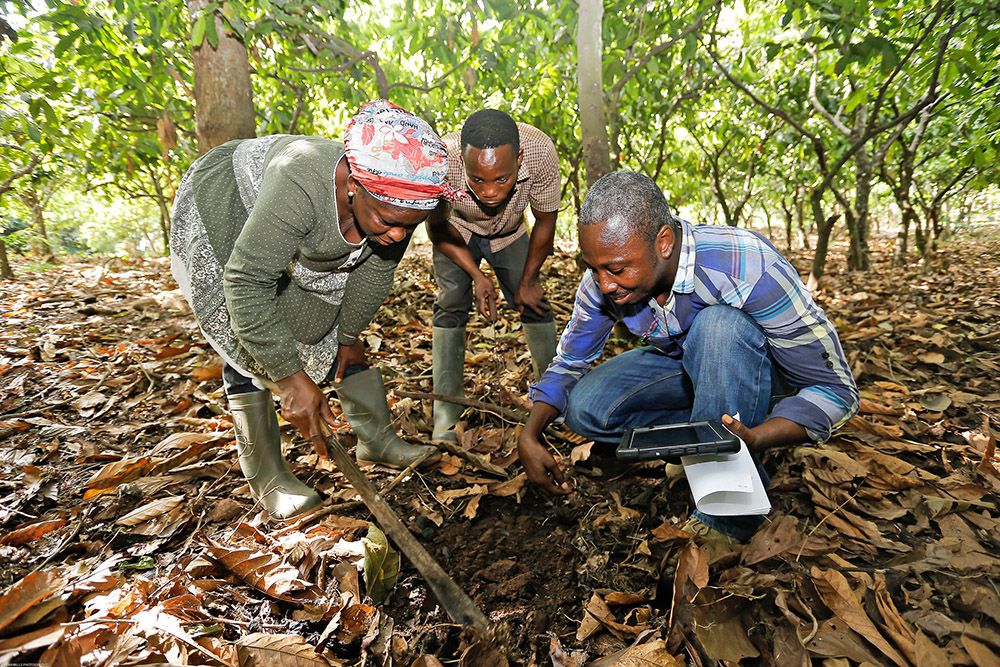
The certification program is part of the Rainforest Alliance’s strategy to drive sustainability at scale in the sectors in which we operate through interconnected interventions supporting certification, tailored supply chain services, landscapes and communities, and advocacy.
Key priorities of our cocoa strategy are assurance, shared responsibility, supply chain transparency, and profitability and resilience.
How we have tailored the implementation and verification of standards requirements on child labor and forced labor to the risk exposure of each farm.
Our shared responsibility approach aims to distribute benefits and costs of certification more evenly between farmers and companies.
Begin your journey of certification with the Rainforest Alliance.
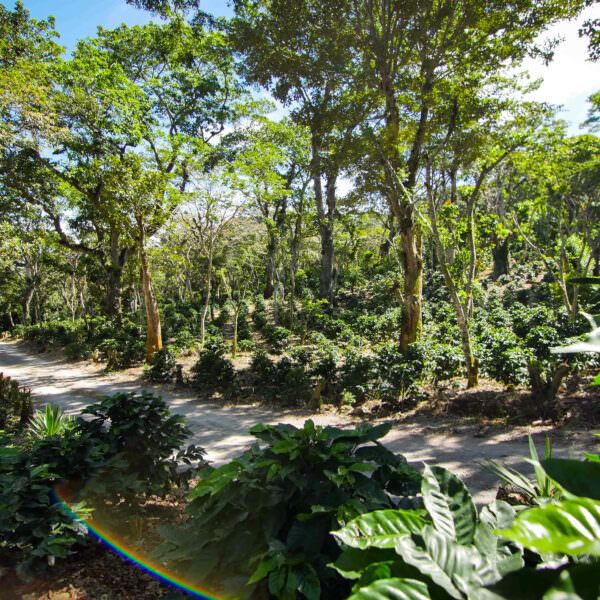
A detailed FAQ about the Rainforest Alliance 2020 Sustainable Agriculture Standard Farm Requirements.
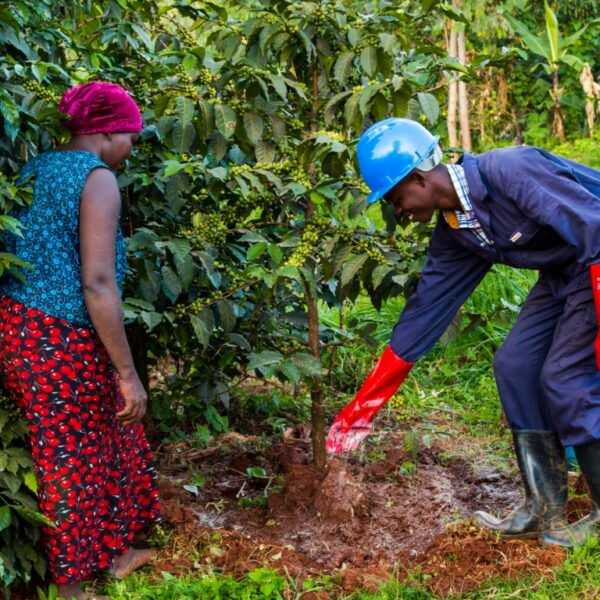
Find out what Ugandan coffee exporter, Kyagalanyi Coffee, had to say about the new program—from the improvements to the challenges.
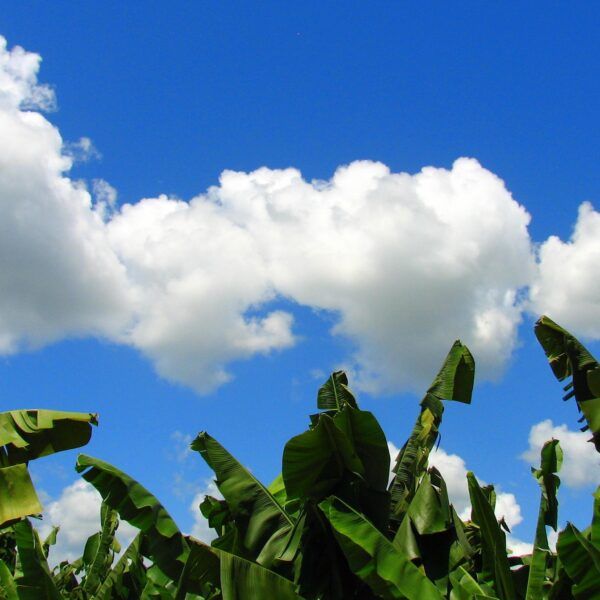
After teaming up for an early implementation pilot of our strengthened certification program, both Finca Esmeralda and the Rainforest Alliance took away learnings that will contribute to a more sustainable banana sector.
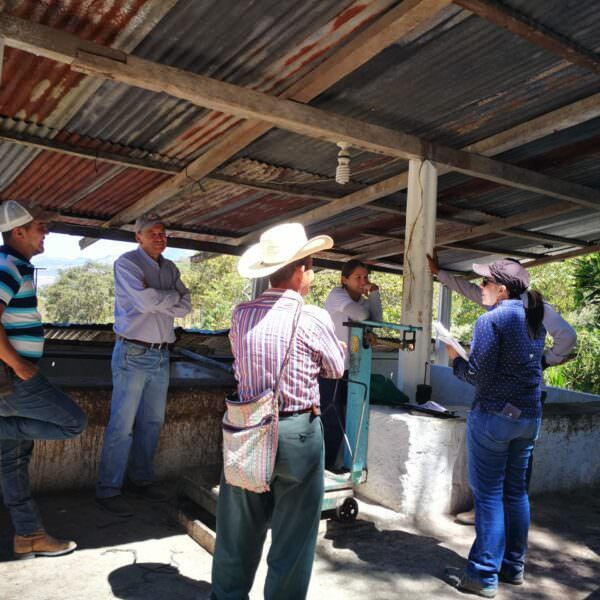
Rainforest Alliance certification is carried out by our authorized certification bodies. Find an authorized certification body in your county.

This document accompanies the Rainforest Alliance 2020 Sustainable Agriculture Standard (including its two constituent parts, the Farm Requirements and the Supply Chain Requirements), which forms a key element of the Rainforest Alliance 2020 Certification Program. It aims to provide readers with an overview of the standard’s key features and innovations, along with an understanding of […]

As outlined in the 2020 Sustainable Agriculture Standard: Farm Requirements, the total remuneration (wages plus cash and in-kind benefits) for all types of workers is assessed yearly against the Living Wage benchmark, as approved by the Rainforest Alliance and in accordance with the Global Living Wage Coalition (GLWC). The Salary Matrix Tool, developed in partnership […]

This is an optional tool that can help Certificate Holders organize and focus the Assess & Address monitoring process. This tool can be used, but is not required, to demonstrate compliance with requirement 5.1.3 of the 2020 Sustainable Agriculture Standard: Farm Requirements and Supply Chain Requirements.

At the Rainforest Alliance, we recognize that sustainability is a long-term journey and to make sectors truly sustainable, all supply chain actors have a role to play. An inclusive supply chain is one where both the value and the risks are shared. This requires a shift to a system where the producers’ costs and investments […]

While farming often has negative impacts on biodiversity, it also has the potential to create positive impacts by incorporating natural habitat into production systems, conserving soil life, and more. This makes farms better able to cope with the effects of climate change, helping secure better livelihoods for farmers. For these reasons, biodiversity conservation is among […]

In line with the approach advocated by the Accountability Framework Initiative—and other leading environmental NGOs— our 2020 Certification Program not only prohibits deforestation but also the destruction of all natural ecosystems, including wetlands and peatlands—meaning more land will be protected.